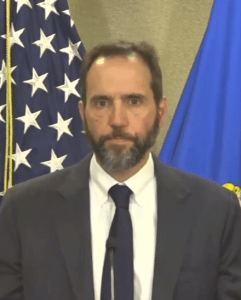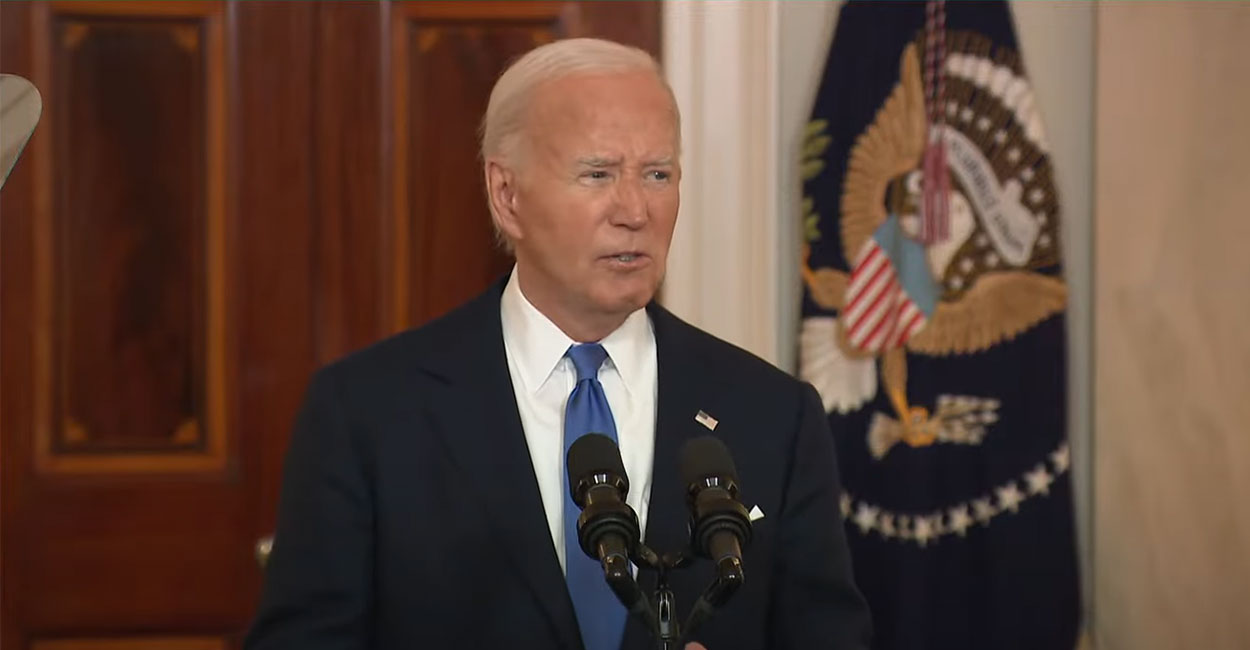The Daily Pennsylvanian student newspaper this week ran a story on how some faculty members are panicked at what they consider an existential threat to the safety and future of the institution. No, it is not another pandemic or a wave of terrorism. It is being forced to accept “viewpoint diversity.” The very prospect of hiring faculty with opposing views has led at least one professor to pledge to retire rather than teach in a diverse intellectual environment.
The outrage was triggered by a Dec. 12 email to the Board of Trustees from Marc Rowan, chair of the university’s Wharton business school Board of Advisors and a major donor. Rowan asked about protections for free speech and academic freedom on campus.
Pennsylvania has been regularly criticized as one of the least diverse institutions in the country and one of the most anti-free speech environments. It is ranked at the very bottom of colleges and universities on free speech protection in the annual survey by FIRE.
We have discussed the intolerance at Penn for years. Professors who have even allowed students to discuss issues like transgender status have been attacked for allowing diverse opinions to be heard in class.
Even questioning anti-racism statements is enough to trigger cancel campaigns and calls for termination at the school.
Conversely, it is a school where faculty are lionized for radical statements on the left, even racist language like calling Dr. Ben Carson a “coon.” The same professor, Dr. Anthea Butler, claimed that police held back rescuing children in Uvalde, Texas out of racism and declared that evangelical Christians are white racists who “may end up killing us all.” The MSNBC commentator was given a prestigious academic chair. She is also the chair of the department of Religious Studies at the University of Pennsylvania. If a conservative were to espouse the countervailing views, the reaction on campus would be swift and predictable.
Penn has long maintained such orthodoxy by purging faculties of conservatives and showing little tolerance for dissenting views.
Now faculty are raising the alarm that they could be forced to teach on a campus with conservative faculty. History and sociology Professor Harun Küçük went on to warn that there could be pressure to hire academics with opposing viewpoints. Such diversity, in his view, is nothing short of “a hostile Republican takeover of a distressed institution. He explained that “viewpoint diversity” is “a code word for Republican hires” and that initiatives to protect free speech are nothing other than an effort to “re-engineer the University.”
If “re-engineering” Penn means reintroducing free speech protections and intellectual diversity, it would be a welcomed change. However, political science Professor Robert Vitalis said he plans to retire early to avoid having to teach on a campus with such intellectual diversity.
Cinema and media studies Professor Karen Redrobe even claimed that Rowan’s letter asking about free speech and academic freedom on campus could be unethical: “I think that any advisory board member or trustee who has participated in that kind of use of duress needs to be held accountable for behavior that undermines the educational mission of the University.”
These views are echoed by anti-free speech sites and writers. Sites like Above the Law have spent years ridiculing objections to the barring of conservative faculty. Senior Editor Joe Patrice defended “predominantly liberal faculties” by arguing that hiring a conservative professor is akin to allowing a believer in geocentrism to teach at a university.
What is most striking is the panic over the prospect of introducing a few opposing viewpoints on overwhelmingly liberal faculties. A survey conducted by the Harvard Crimson shows that more than three-quarters of Harvard Arts and Sciences and School of Engineering and Applied Sciences faculty respondents identify as “liberal” or “very liberal.” Only 2.5% identified as “conservative,” and only 0.4% as “very conservative.”
The same is true at other schools. A study found that only nine percent of law school professors identify as conservative at the top 50 law schools. A 2017 study found only 15 percent of faculties overall were conservative. Another survey showed that 33 out of 65 departments lacked a single conservative faculty member.
The last few weeks have awakened donors to the rising intolerance and extremism on our faculties. Some donors have even pulled funding, including $100 million withdrawn from the University of Pennsylvania.
Donors (and state legislatures with state-funded schools) can use their leverage to force greater diversity of thought on our campuses. The problem is not that we have these radical faculty members. The problem is that we have comparably few faculty with opposing views. The diversity of opinion on most faculties runs from the left to the far left. Some faculty members now argue that intellectual diversity is not a core or essential value in academia.
If donors want to open up our campuses, they may need to close their wallets until real reforms are implemented in higher education.






